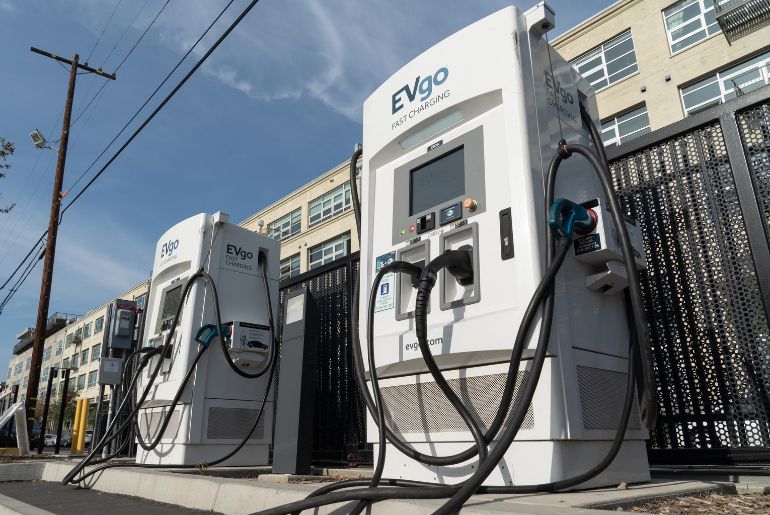In a recent survey, there is a significant demand for new energy vehicles (NEVs) among Indian consumers. Up to 83% of respondents are willing to consider a new energy vehicle (NEV) to be their only option when making a purchase before the end of this decade. In order to determine how consumers felt about the adoption of NEVs, 1,000 potential car purchasers were surveyed by Urban Science and The Harris Poll. It demonstrated that buyers are prepared to pay up to 49% more for an electric car than they would for an equivalent gas or diesel vehicle.
The survey noted factors such as rapid expansion of the EV charging market, government initiatives among other considerations for an optimistic perspective towards the sector. Currently, India has more than 6,000 charging stations. By 2027, this figure is anticipated to surpass 100,000.
The research also mentioned the difficulties India still has in gaining access to China’s advanced technologies and large-scale manufacturing. The sector’s expansion is promising but China’s domination remains a challenge, it said. China is the world leader in the production of electric motors, lithium-ion batteries, and the infrastructure needed for charging EVs.
One of the Center’s top priorities as it works to revolutionize the transportation industry and meet objectives is the expansion of the electric vehicle (EV) market. Nitin Gadkari, the minister of transport, had stated that the industry would reach Rs 20 trillion by 2030. He predicted that by 2023, EV sales in India would reach 10 million units yearly during a Delhi event. Gadkari added that there might be 50 million new employment created in this industry.
Two percent of passenger cars and six percent of all vehicle types are currently being adopted throughout the nation. In India, there are thirty lakh registered electric cars.


